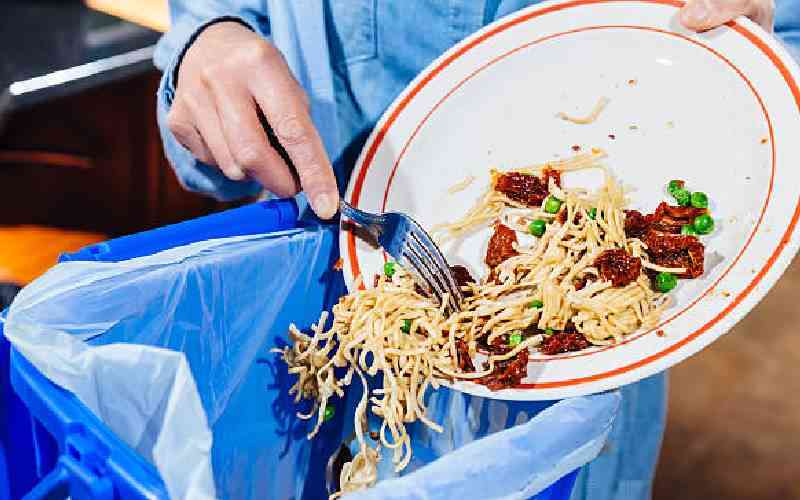
The devastating effects of drought in Kenya keep on getting worse, leaving communities in desperate need of humanitarian assistance. It is anticipated that 5.4 million people will experience acute food insecurity between March and June 2023, with 1.2 million experiencing an emergency situation. In comparison to the same period last year, this latest prediction shows a 43 per cent increase in the number of people experiencing severe food insecurity.
Food goes to waste at every stage in the food manufacturing and distribution process - from farming and production to packaging, storage, distribution, retail and finally, once it reaches consumers. According to the Food and Agriculture Organisation of the United Nations, globally, we lose or waste over a third of the food we produce every year.







